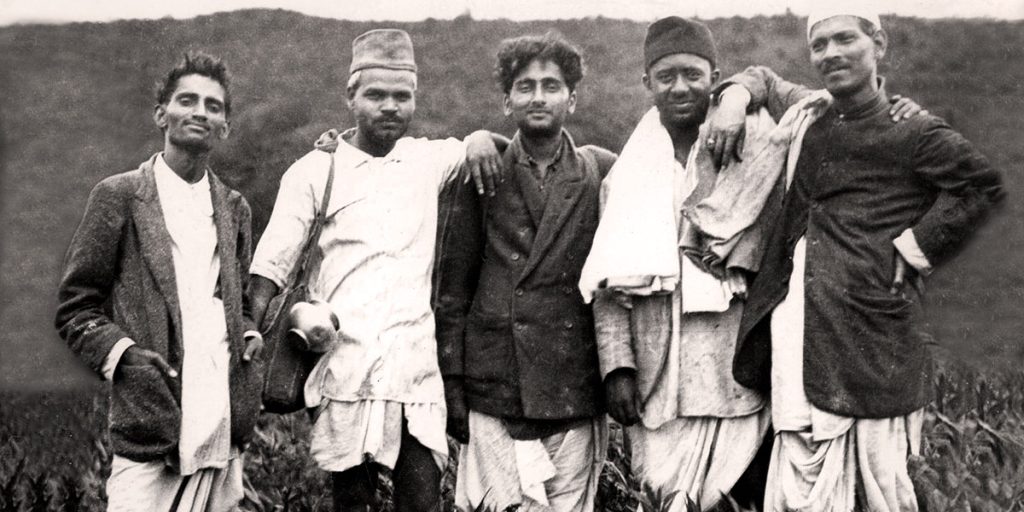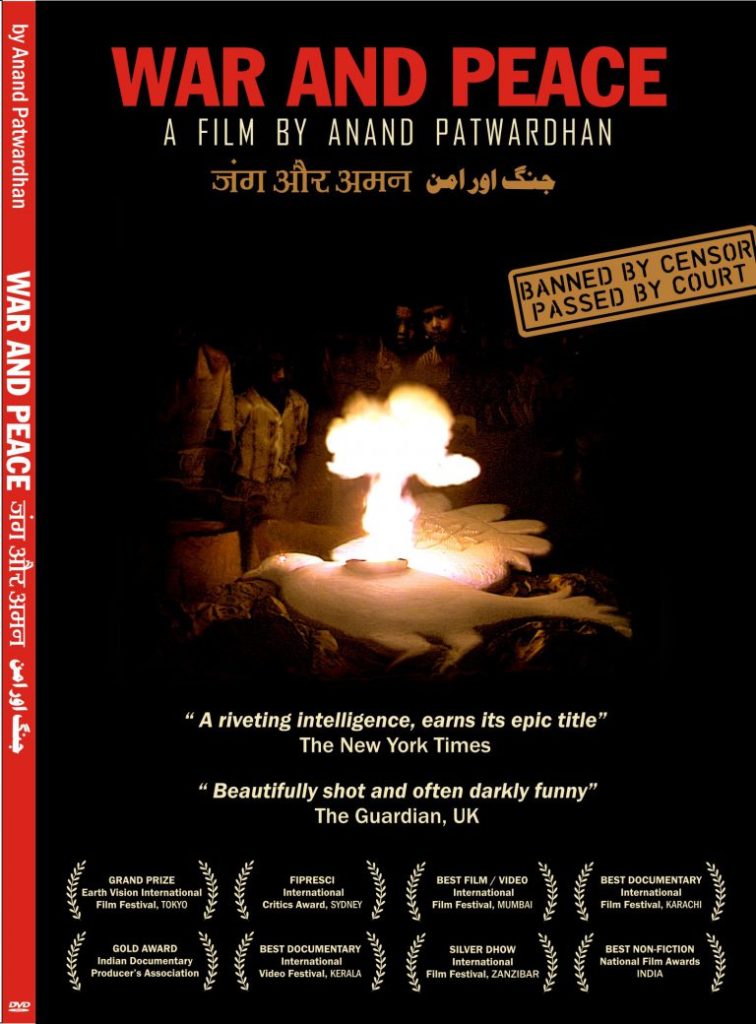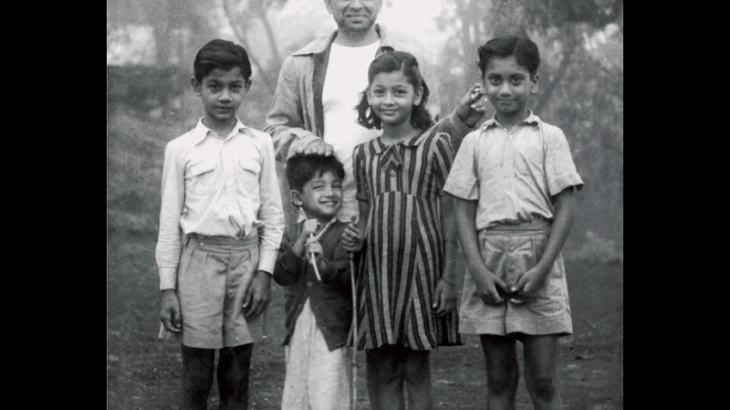The South Asian documentary, ‘The World is Family’ directed by esteemed documentarian Anand Patwardhan, world-premiered at Toronto International Film Festival (TIFF 2023), in which he produces a portrait of his parents, whose families were intertwined with Gandhi and India’s independence movement.
In conversation with correspondent Asha Bajaj on the sidelines of TIFF2023, he says that the film is the story of Anand’s parents, and the freedom struggle was just a part of the backdrop.
Q: What convinced you it was the right choice for your movie?
It is my most personal film and was the story of my parents, and the struggle for freedom was just a part of the backdrop. Over intimate conversations filmed across three decades, I could interview my parents and relatives for their memories of figures such as Mahatma Gandhi, Jawaharlal Nehru, and B.R. Ambedkar. My parents passed away in 2010, and it is just an oral history of India’s freedom struggle because both sides of my parents’ families were involved in the Freedom struggle.

This film is a love story about history and reflects values. Please comment
It is a film that began without my knowledge because my parents were getting old, and I wanted to preserve their memories. My parents had passed away in 2010, and the footage of that movie was a home movie that was sitting there. So, during the pandemic, I started seeing and editing the home movie footage. I realized that this could have meaning to people outside the family. This film reflects the anti-national trait because it was against nuclear weapons.
Can you briefly describe your filming process?
I realized that to preserve the memories of my parents, it would be best to share them with others. I began filming with a camera in hand and, unconsciously and nostalgically, narrated their story, which had no beginning. But the oldest footage of the film is what my mother shot of my uncle when he was in Chennai on her VHS camera and then when I was shooting during the 90s and mid-90s, and I kept shooting other things even after they passed away. I needed to tell their whole story, like the demonstration in the maidan in 2019, so long after they had passed away, to connect 50 years of the film.
People in Karachi wanted to know about your experience in Karachi. Please elaborate on this.
I went first to Pakistan in 1999 after the nuclear tests as I was part of an organization that tries to exchange people-to-people visits in both India and Pakistan. Since then, I have been there on five or six different occasions.
My film ‘War And Peace’ won an award in Karachi before it was shown in India where it won an award in Mumbai. So it was a film that was well received not only by the governments of Pakistan and India but also by the people.

Many people from Israel and Palestine see these films and keep saying it is their story. The demolition of the Babri mosque in the name of God is a contestation about one location of faith. Two religions are contesting for that, and there is so much parallelism. When we talk about Gandhi, he was one of the few world leaders who opposed the creation of Israel before Israel was created. After that, he also spoke on two different occasions that he sympathized with Jews who were killed in the Holocaust. The World is Family
As a filmmaker, do you sometimes feel vulnerable to a different connection with the world than your earlier films? What was your parent’s contribution to the Freedom Struggle?
This is my first screening, but it is a difficult film for me as a filmmaker. I think it is worth taking the people on the journey, and hopefully, it is a less angry film than the one I made earlier. I felt vulnerable and abandoned at 8 when my Mom, Nirmala, an accomplished pottery maker, went worldwide, and I had to go to a boarding school. To be more honest, I related more to my father. My parents had a division of labor in the sense that my father never scolded me, let alone beat me. But my mother, in a way, had to do discipline, and I felt it was unfair, but only later in life I understood the worth.
Regarding contribution to the freedom struggle, my father’s side of the family was much more active and socialist. And my grandfather was, in a sense, a businessman who donated money for the freedom struggle. The World is Family





